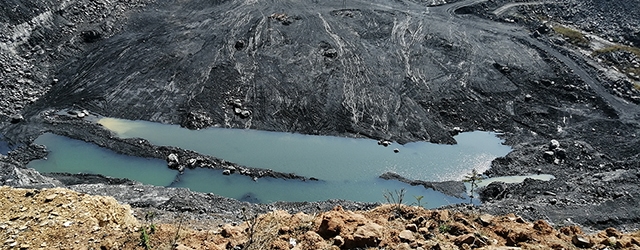India shifts policy to generate foreign investment in coal industry.

The Indian government decided to allow all domestic and foreign non-coal mining companies to invest in the coal sector, removing onerous requirements such as prior coal mining experience and stipulations on the end use of coal.
The auction process for coal-development blocks under the new rules was slated to start in January, and any global corporation with an interest in the sector will be able to participate, according to The Economic Times. Under prior rules, only companies with prior experience in coal mining in India or end users such as domestic steel, aluminum and power producers could join the auction. Now, merchant miners can compete in addition to Indian and international mining companies.
As a result, more-vigorous competition is expected in what had been a sluggish field. According to reports, out of the 99 coal blocks offered through auction since 2014, only 29 attracted bids. As recently as last October, only six mines came in for 27 blocks. The expectation now is that international mining companies such as Rio Tinto, BHP, Glencore and Peabody Energy, in addition to domestic Indian firms, will bid.
The government has two objectives with the new policy: First, immediately modernize and expand coal-mining capacity, given crippling power shortages and demand from rapidly expanding steel production. Second, to drastically reduce coal imports. Indian annual coal production is targeted to grow to 1.7 billion tons by 2023-24, from 744 million tons currently, and steel production is expected to double to 331 million tons. Coal India, the state-owned mining behemoth, is unlikely to meet its target—highlighting the need for private Indian and foreign investment. The government wants to cut $15 billion, or 149 million tons, of coal imports into a country with the world’s third-highest coal reserves, at 111.7 billion tons.



